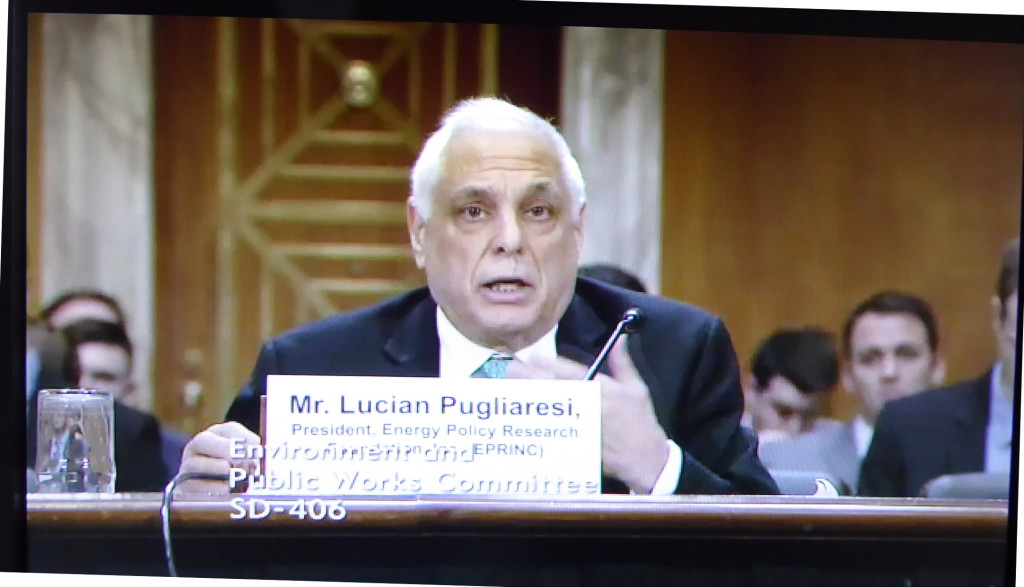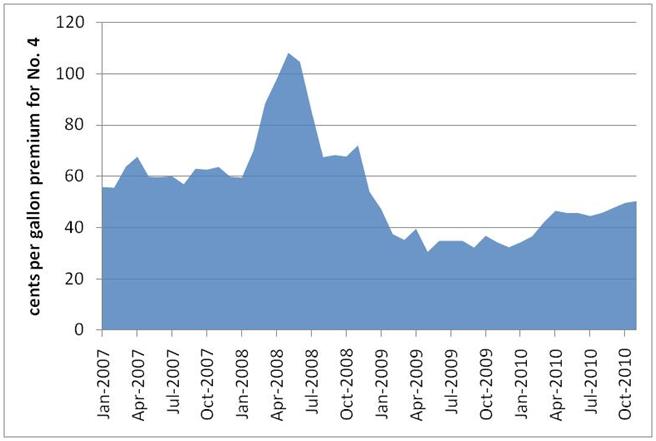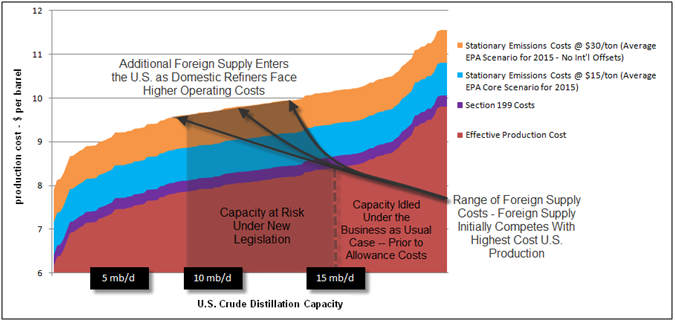CAFE, Gasoline Prices and the Law of Diminishing Returns: A New Agenda for the Midterm Evaluation
EPRINC has just published CAFE, Gasoline Prices and the Law of Diminishing Returns: A New Agenda for the Midterm Evaluation. The paper was authored by
EPRINC has just published CAFE, Gasoline Prices and the Law of Diminishing Returns: A New Agenda for the Midterm Evaluation. The paper was authored by

On February 24, 2016, Lucian Pugliaresi testified before the Senate Committee on Environment& Public Works on the Renewable Fuel Standard. His testimony given before the

RINs Around the Rosy enables you to take on a variety of roles, from EPA Administrator to gasoline blender, in an attempt to guide the

OPINION November 16, 2011 The Keystone Debacle Was Obama’s decision to delay the Canadian oil pipeline shrewd politics? Maybe not. By LUCIAN PUGLIARESI And yet

However, local petroleum product markets are not immune to turmoil in world oil markets as is now taking place in Libya. The loss of Libyan

A PDF version of the executive summary can be downloaded here and is posted on our publication page. The full report will be posted on
© Energy Policy Research Foundation | 25 Massachusetts Ave NW, Suite 500P (Mailbox 14), Washington, DC 20001 | (202) 944-3339 (Phone) | (202) 364-5316 (fax) | info@eprinc.org
Design & Development by Red Clay Creative